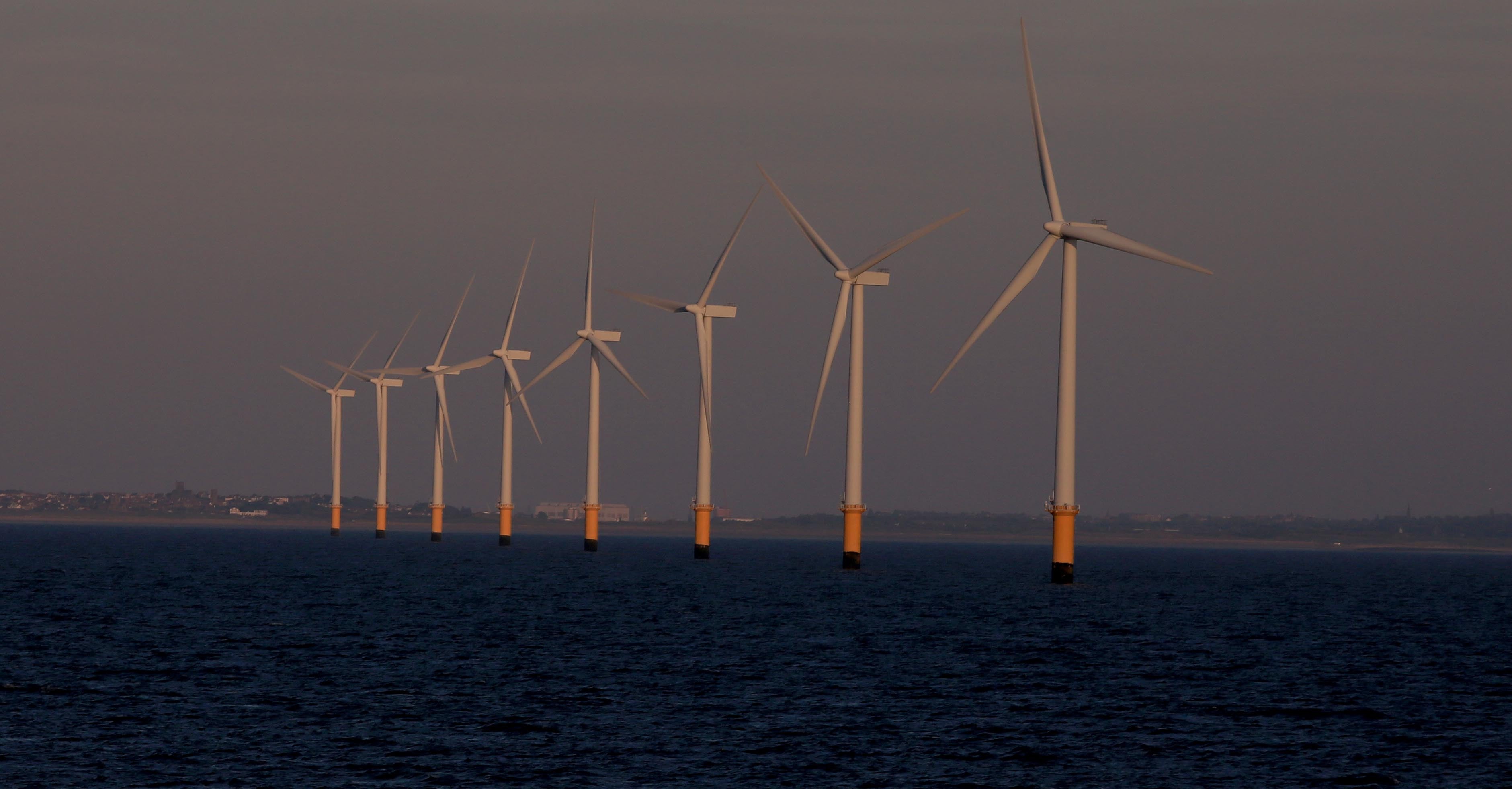Johnson hints at energy plans ahead of delayed strategy
Boris Johnson indicated he preferred an expansion of offshore wind to new turbines located inland.

Your support helps us to tell the story
From reproductive rights to climate change to Big Tech, The Independent is on the ground when the story is developing. Whether it's investigating the financials of Elon Musk's pro-Trump PAC or producing our latest documentary, 'The A Word', which shines a light on the American women fighting for reproductive rights, we know how important it is to parse out the facts from the messaging.
At such a critical moment in US history, we need reporters on the ground. Your donation allows us to keep sending journalists to speak to both sides of the story.
The Independent is trusted by Americans across the entire political spectrum. And unlike many other quality news outlets, we choose not to lock Americans out of our reporting and analysis with paywalls. We believe quality journalism should be available to everyone, paid for by those who can afford it.
Your support makes all the difference.Boris Johnson has thrown his weight behind offshore wind in the drive to produce more electricity in the UK.
The energy strategy promised by the Prime Minister has been delayed amid reports of Cabinet infighting, including a row over ending the effective moratorium on onshore wind farms.
The Prime Minister told MPs that he believed offshore wind had “massive potential” but made no mention of turbines located inland.
He also stressed the need for new nuclear development, including smaller modular reactors.
The strategy was promised by Mr Johnson in response to the turmoil in global energy markets caused by Vladimir Putin’s invasion of Ukraine and is aimed at addressing long-term failures to secure domestic production.
But while it was expected in March, the plan has been repeatedly pushed back.
At the Liaison Committee, Mr Johnson told MPs “you have got to recognise that in the UK we have just failed, for a generation, to put in enough long-term supply”.
“It’s been one of those colossal mistakes,” he said. “Renewables are fantastic: offshore wind – and I stress offshore wind – I think has massive potential. But so does nuclear.”
He suggested small, modular nuclear power plants could be on stream before the end of the decade but acknowledged new developments would not come soon enough to address cost-of-living pressures now.
“I’m not going to pretend that you are going to get a nuclear reactor on stream in real time for our constituents in the next couple of years, no,” he said.
“We have got to do lots of other things, including transitional hydrocarbons and basically helping with the cost of living wherever we can.
“But long term and medium term we have got to be looking at big ticket nuclear solutions, Sizewell and other projects, but we have also got to be looking at small modular reactors.”
Asked how soon a small modular reactor could be built, he said: “I saw a bit of paper last night saying that they think ‘before the end of the decade’ – but they will have to go quicker than that.”
Mr Johnson added: “If we don’t start now, we won’t be fixing the problem.”
The Prime Minister also highlighted the use of hydrogen as a potential fuel for heavy machinery, lorries and for heating homes.
That comes despite criticism from environmentalists about the Government’s support for hydrogen derived from fossil fuels and a push for households to choose heat pumps to replace gas-powered boilers.
“Hydrogen could be a fantastic solution, particularly for heavy goods vehicles, for farm machinery, for diggers, for ships,” he said.
“Hydrogen really could be the answer. How do you get hydrogen? You get hydrogen out of hydrocarbons.”
Combining hydrogen power with carbon capture and storage could be a “serious long-term prospect for the UK”, he suggested.
He acknowledged that people are “anxious” about the cost of installing heat pumps in their homes.
“Everybody’s worried about having to replace their boilers at vast expense,” the PM said.
“For some people that will be the right solution, I think the price of those things will come down very fast as more are made.
“But you’ve also got to look at the possibility of going back to where you were actually in the 60s and 70s when town gas contained a lot of hydrogen. And you could put a lot more hydrogen into the pipes.”